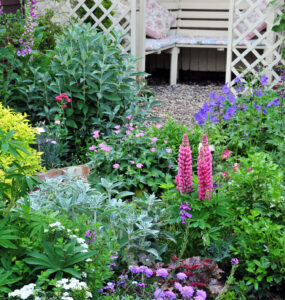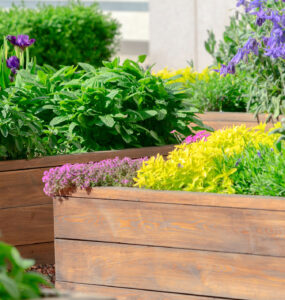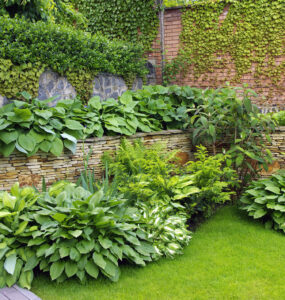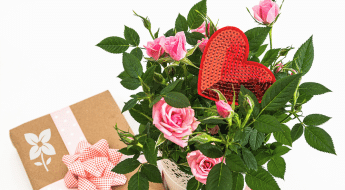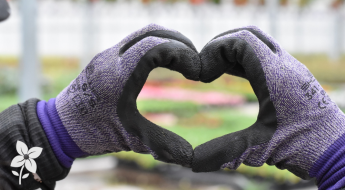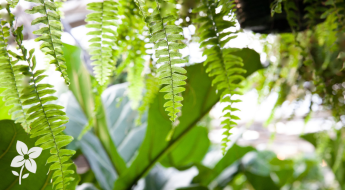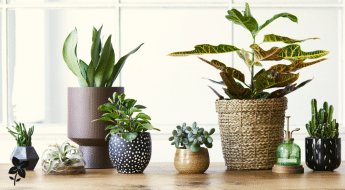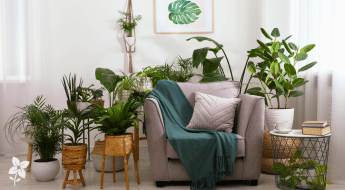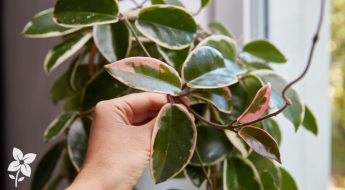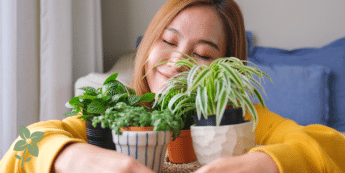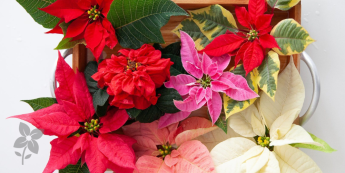Starting an edible garden is one of the best things you can do for your health, and meal quality soars when you add fresh produce into the mix. The key to a great food garden is variety”” having a mix of fruits and vegetables gives you tons of options for experimenting, and it ensures you won’t get bored of having too much of one thing. Here are some fruit and vegetable gardening tips to get you started on your own backyard produce department.
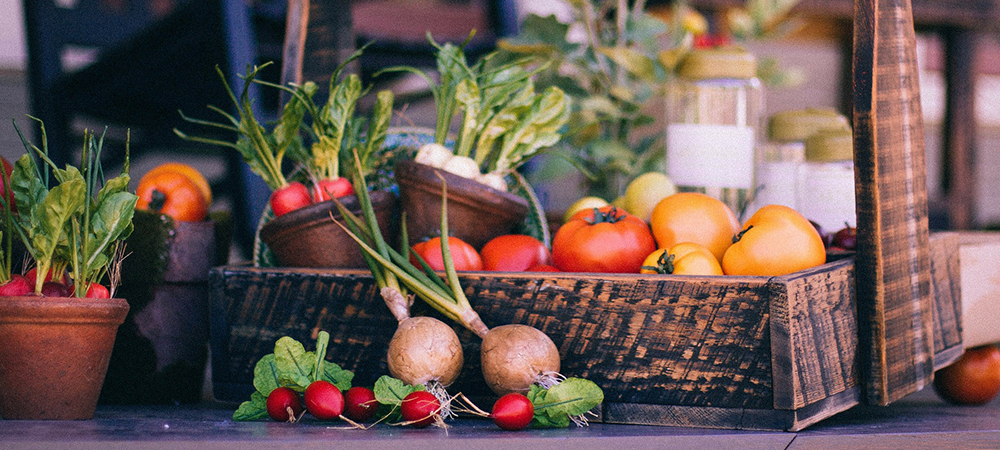
Gardening Tips for Growing Fruits and Vegetables
There are a few things you should take into consideration before diving into your new garden project. To ensure it’s a triumphant success, follow these helpful guidelines:
Opt for a raised garden bed. Not only do raised garden beds allow for improved soil drainage, but it also allows you to have better control over soil quality, because you fill up the garden bed yourself. Soil quality can make or break your garden, and it’s especially important when you’re planting root vegetables. Mix in lots of compost or organic matter into the soil, because this will help loosen up the soil while providing valuable nutrients to your plants, resulting in healthier, tastier fruits and veggies.
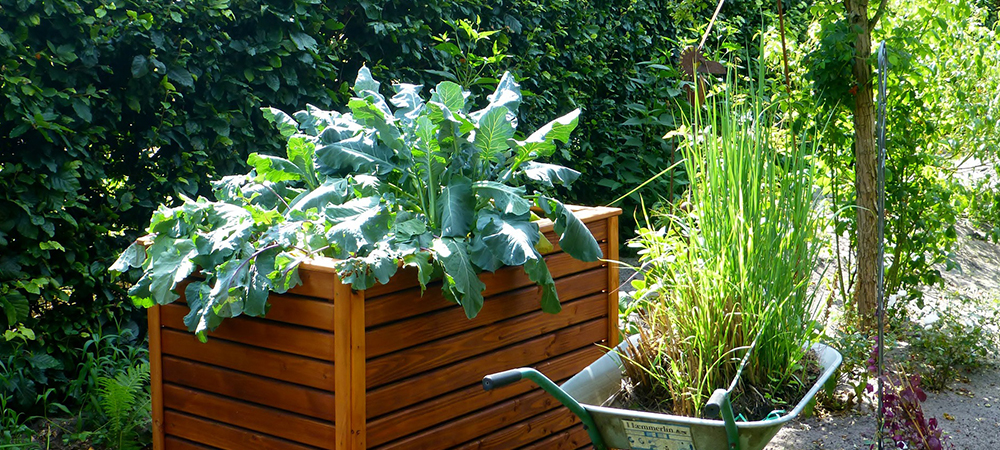
If space is limited, try container gardening. There are loads of edible plants that do well in containers, so you can make the most out of a smaller yard by setting up a few pots in corners or around the patio. Just make sure they’re in a spot that gets lots of sun.
Give companion planting a shot. Some small fruits and vegetables do particularly well when planted with buddy plants that have beneficial effects on each other. The most common pairing is green beans and corn, because the beans add lots of nitrogen to the soil which keeps the corn happy, and the cornstalks act as a trellis for the beans to creep up. Another good combo is basil and tomatoes”” the basil improves tomato flavour, and keeps pests at bay, leading to better crop yield.
Use chemical-free insecticides. After all, these plants are going to end up on your plate, so you definitely don’t want to be ingesting carcinogenic chemicals on a regular basis. Instead, opt for natural pest control methods, like natural soap spray to kill off aphids, and planting herbs that naturally repel all sorts of pesky bugs. Mint and basil are two super-effective options, and they keep hungry deer away too.
Top Picks for a Fruit and Veggie Mix Garden
Some edible plants are a little easier to cultivate than others, and many can produce pretty impressive crop yields, so you’ll get more bang for your buck. We’ve compiled a list of some foolproof options for a totally stellar food garden.
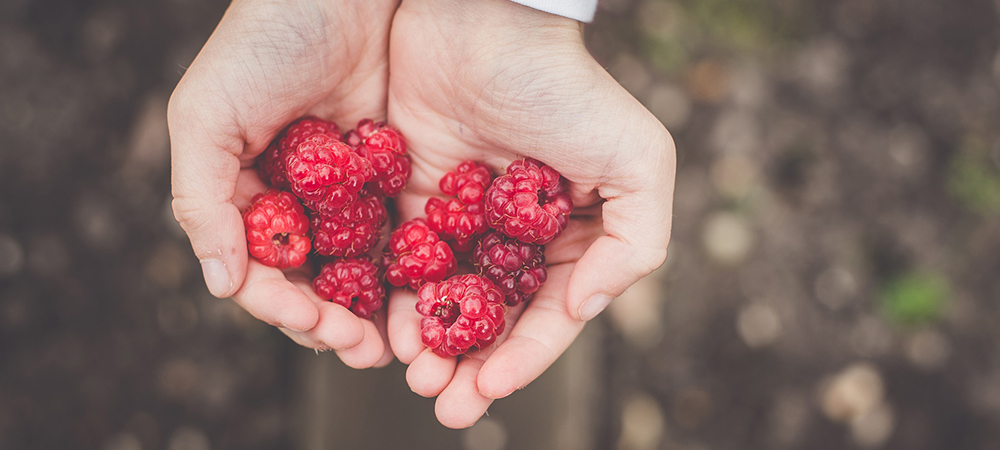
Our Favourite Fruits
Raspberries: Fall-bearing raspberry bushes are pretty low-maintenance, just requiring a little bit of pruning in the winter to make room for new growth the following spring. They start producing fruit near the end of summer, and you’ll get to enjoy these tart berries all the way until the end of fall when the weather turns frosty.
Strawberries: One of the best things about this ever-popular berry is the fact that there are several different varieties that produce fruit at different times throughout the growing season, so if you want spring, summer, or fall berries (or all three!) then choose your plant accordingly.
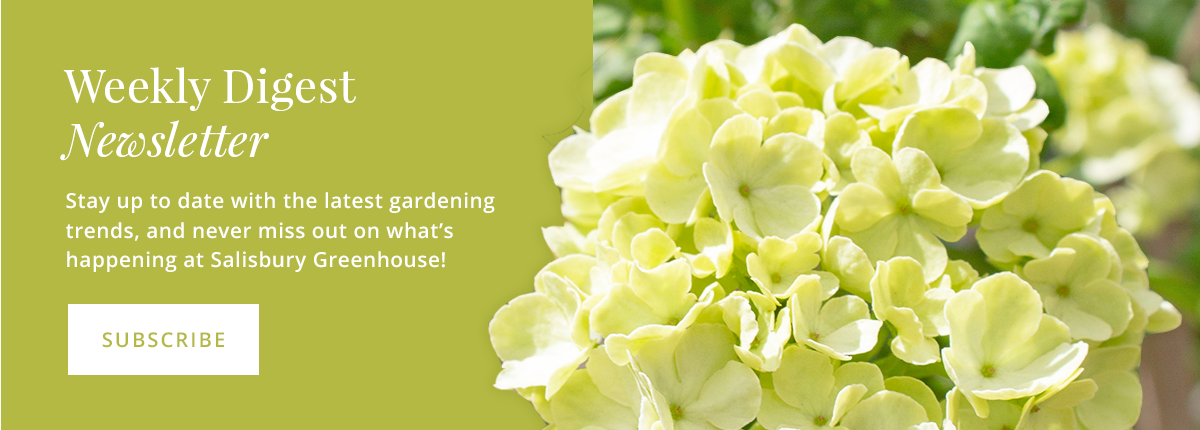
Currants: Bushes bearing these tiny fruits produce red, pink, white and black varieties. The white ones are the sweetest kind, and the black ones are generally easy to care for, as they require much less pruning.
Tomatoes: That’s right, they’re fruits not vegetables, get over it! These savoury, versatile fruits are perfect for beginners. Plus, tomato plants boast some impressive crop yields. Seriously, you’ll probably end up giving tomatoes away to friends and neighbours at some point. Luckily, they freeze well for several months, so you can always put them away and then toss them into the sauce pot later.
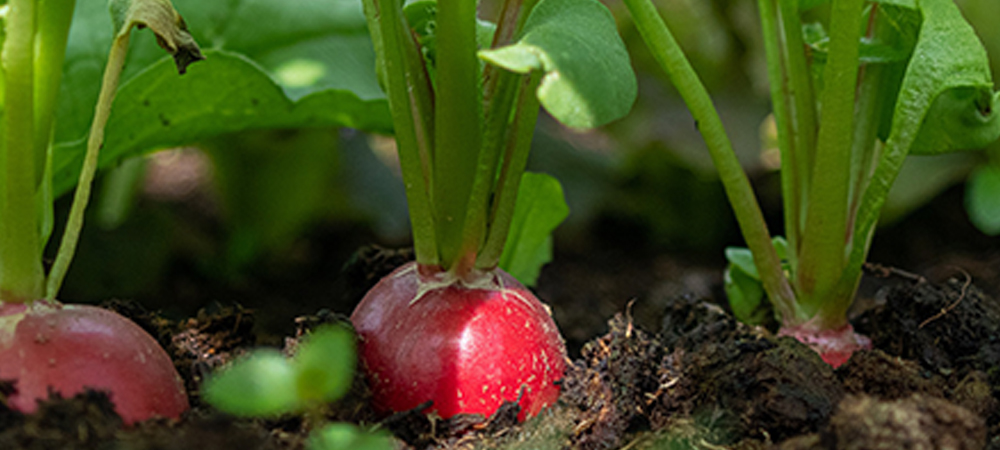
Our Favourite Vegetables
Cucumbers: To make sure your cucumbers taste crisp and fresh with no bitterness, water them generously on a regular basis. Just make sure that soil has really good drainage, because no plant is a fan of root rot from too much moisture.
Radishes: These spicy little numbers are super low-maintenance and can be planted in both spring and fall”” just not summer, because the intense heat causes them to bloom instead of developing their signature bulbous red root.
Lettuce Greens: This is a great vegetable for container gardening. Lettuce greens grow at lightning speed, and their roots are short enough that you can grow them in shallow flower boxes to decorate the patio with.
Carrots: This classic root veggie needs loose, loamy soil to make sure it grows long and straight, instead of stumpy like a potato. Till the soil really thoroughly to give your carrots tons of room to grow.
Have fun picking and choosing a creative assortment of fruits and vegetables for your deluxe food garden. Choose wisely, and you’ll never have to spend $8 on a single smoothie again!

